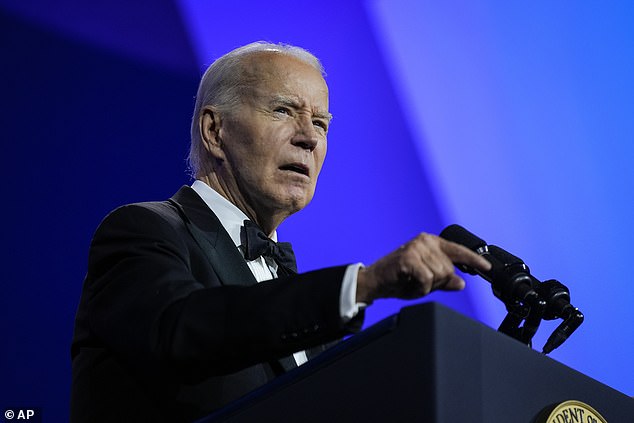This weekend, President Joe Biden’s lakeside home in Delaware will serve as a significant venue for high-stakes international diplomacy.
What’s normally a personal retreat is now set to become a command center as Biden welcomes leaders from Australia, India, and Japan to discuss pressing global issues, particularly rising tensions with China in the Indo-Pacific.
From Family Home to Diplomatic Hub
Biden’s house, located just outside Wilmington in the upscale neighborhood of Greenville, holds deep personal significance.
But now, it’s being transformed into a symbol of U.S. diplomacy as the President brings world leaders into his personal space, making the summit a highly personal affair.
While the meeting will focus on serious international matters, guests may also get a tour of the President’s home and even a spin in his beloved 1967 Corvette Stingray.
A Trip Down Memory Lane
The summit will conclude with a dinner at Biden’s alma mater, Archmere Academy.
The President has fond memories of his time there, having worked to pay his tuition by tending to the school’s gardens and maintaining its property.
It’s also the place where he overcame a childhood stutter to deliver his first public speeches, making it a location filled with personal milestones.
Serious Discussions Amid Personal Backdrops
Although the atmosphere may be personal, the topics at hand are far from casual.
The leaders will discuss maritime security and strategies to counter Chinese influence in the Indo-Pacific.
China’s assertiveness in the South China Sea, including illegal fishing and territorial claims, will be a major focus.
At the same time, there are looming questions about the future of U.S. foreign policy, particularly with the 2024 election on the horizon.
A Trump win could lead to shifts in America’s alliances, creating uncertainty for the Quad.
Health, Technology, and Infrastructure on the Agenda
Beyond security, the group is also set to discuss broader issues such as health security, cancer treatment, and technology infrastructure.
These topics aim to showcase the Quad’s role as a long-term, bipartisan initiative focused on collaboration, regardless of political changes in the participating countries.
China’s Watchful Eye
Beijing will undoubtedly be watching closely.
China has expressed concerns about the Quad, viewing it as a threat designed to encircle the country and challenge its authority in the region.
Though the Quad isn’t openly anti-China, its actions, such as launching a new maritime security initiative, send a clear signal: regional bullying will be met with unified resistance.
The Road Ahead for the Quad
As the leaders wrap up their discussions, there’s already talk of the next Quad meeting, which India plans to host.
This continued engagement underscores the Quad’s growing importance as a global alliance, one that transcends individual elections or changes in leadership.
The coming months will reveal how this partnership adapts to the evolving geopolitical landscape.
